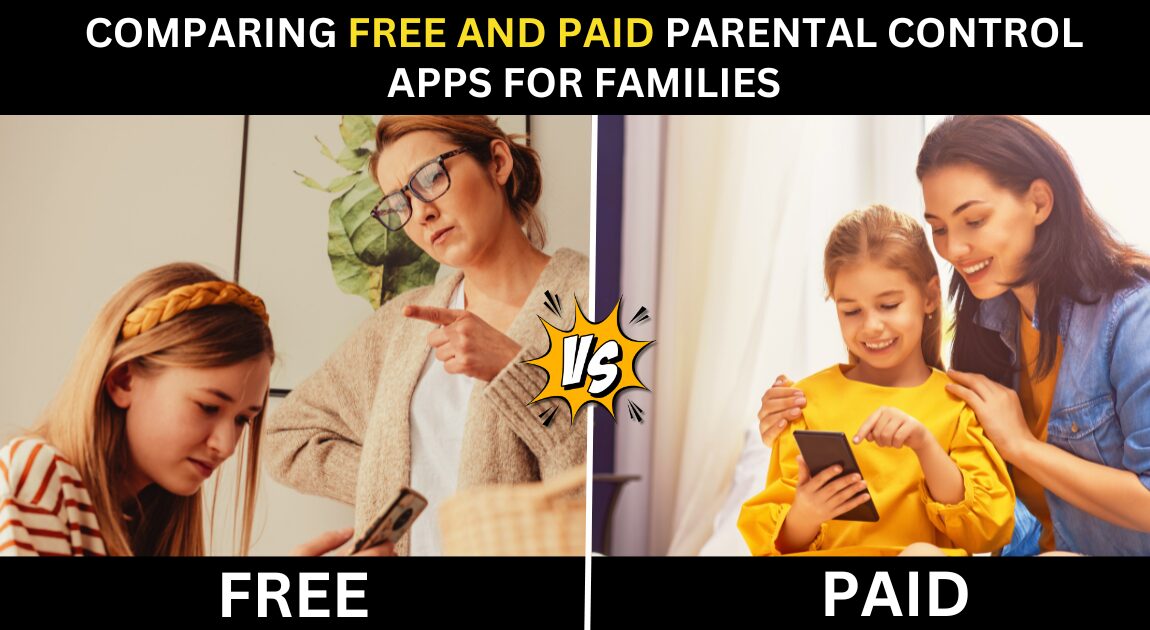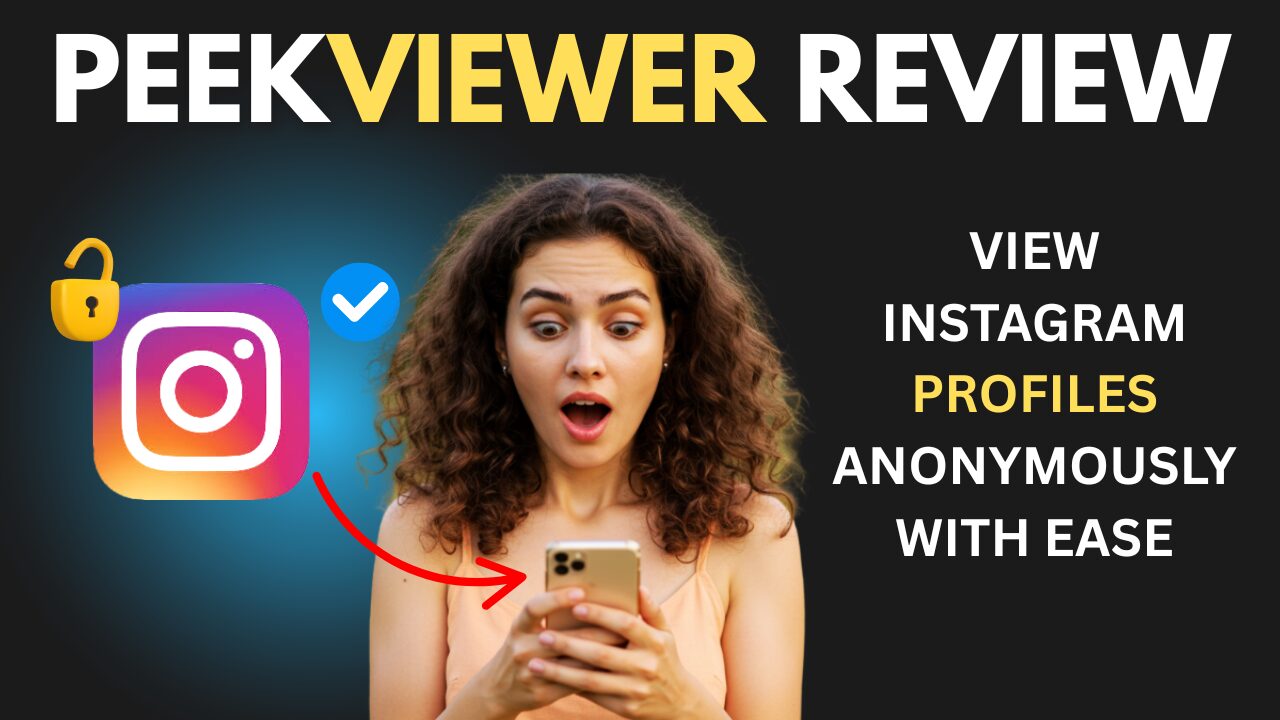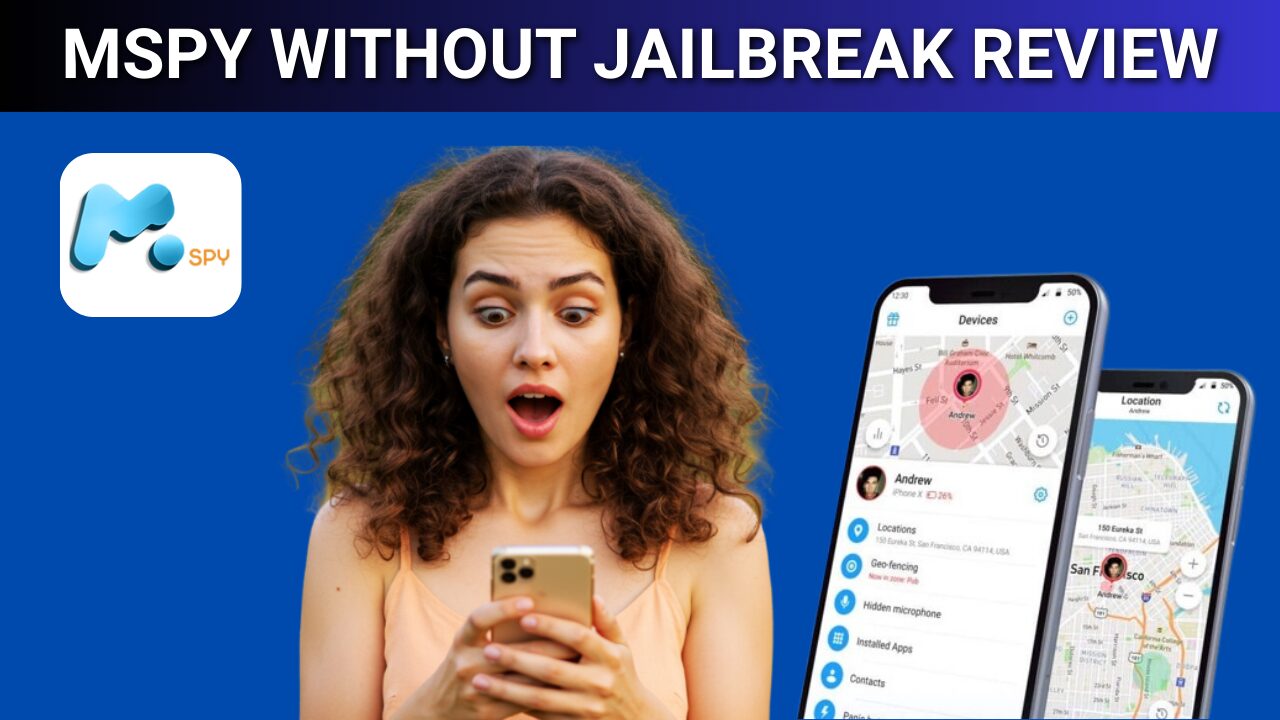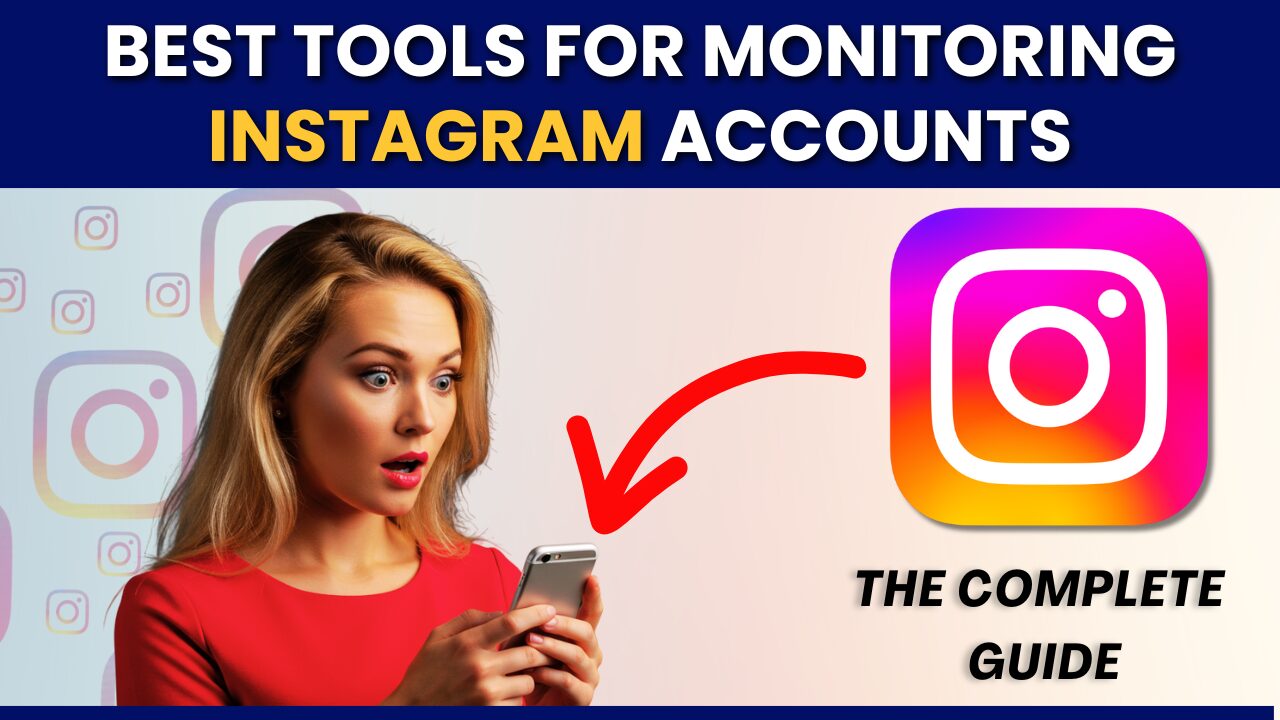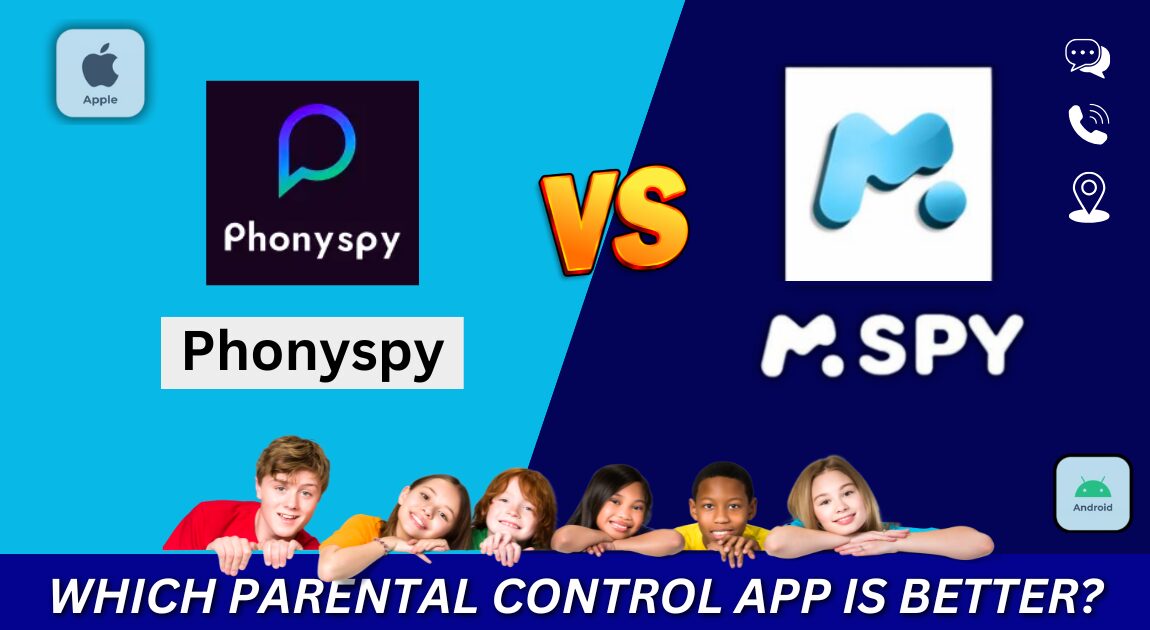In today’s digital age, children are exposed to a wealth of online information, both positive and potentially harmful. As more kids and teens gain access to smartphones, tablets, and computers, ensuring their safety online has become a top priority for parents.
One of the most effective ways to protect your child’s digital well-being is by using parental control apps. These apps help parents monitor online activity, track location, manage screen time, and block inappropriate content.
When it comes to choosing a parental control app, one of the biggest decisions is whether to go for a free or paid solution. While free apps may seem like an attractive option, they often come with limitations. Paid apps, on the other hand, provide a broader range of features and more robust protection.
In this article, we will compare free and paid parental control apps in detail. We’ll also review some of the top-rated paid parental control apps for families, including mSpy, Eyezy, Parentaler, Phonsee, and Spynger. Our goal is to help you make an informed decision about which app will best suit your family’s needs and safety goals.
What Are Parental Control Apps?
Parental control apps are designed to help parents monitor and manage their children’s online activity. These apps typically allow parents to:
- Track the child’s device location in real-time.
- Block inappropriate websites or apps.
- Set time limits on device usage.
- Monitor text messages and call logs.
- Track social media activity.
By utilizing these features, parents can ensure that their children are using technology responsibly and safely. The two primary types of parental control apps are free and paid apps, both of which have different benefits and drawbacks.
Free vs. Paid Parental Control Apps
Both free and paid parental control apps offer unique advantages. The best choice depends on what level of monitoring and control you need.
Features of Free Parental Control Apps
Free parental control apps often come with basic monitoring features that can help parents enforce some level of safety for their children. However, they are typically limited in terms of functionality and customization. Below are the common features found in free apps:
| Feature | Free Parental Control Apps |
|---|---|
| Screen Time Management | Yes (basic) |
| App Blocking | Limited (can block apps but may lack detailed control) |
| Web Filtering | Yes (blocks inappropriate websites) |
| Location Tracking | Limited or not available |
| Geofencing | Not available |
| Social Media Monitoring | Not available |
| Alerts & Notifications | Limited |
While free apps can still offer some protection, their features tend to be basic. For example, they may allow you to block inappropriate content or set simple screen time limits, but they lack more advanced features like real-time location tracking, social media monitoring, or advanced alerts.
Advantages of Free Parental Control Apps
- No Cost: The most obvious advantage of free parental control apps is that they don’t require a subscription or one-time payment. They can be a good starting point for parents who just want basic protection for their kids without spending money.
- Ease of Use: Many free apps are straightforward to install and use, making them ideal for parents who need something quick and simple.
- Basic Functionality: While free apps are limited, they still offer valuable features like web filtering and screen time management, which can be enough for younger children.
Disadvantages of Free Parental Control Apps
- Limited Features: Free apps often have a narrow range of features and lack advanced monitoring tools such as geofencing, real-time alerts, or social media tracking.
- Less Customization: Free apps may not offer as much flexibility in terms of setting personalized rules or limits.
- Fewer Devices Supported: Free apps often limit the number of devices that can be monitored, making them less useful for larger families.
- Lack of Support: Free apps usually offer minimal customer support. If you encounter issues, there may be limited help available.
Advantages of Paid Parental Control Apps
Paid parental control apps offer a significantly wider array of features and customization options compared to their free counterparts. Below is a comparison of the key features found in paid apps.
| Feature | Paid Parental Control Apps (e.g., mSpy, Eyezy, Parentaler, Phonsee, Spynger) |
|---|---|
| Screen Time Management | Yes (advanced controls, set daily limits, schedule screen time) |
| App Blocking | Yes (with detailed control options) |
| Web Filtering | Yes (customizable filtering) |
| Location Tracking | Yes (real-time GPS tracking) |
| Geofencing | Yes (create safe zones) |
| Social Media Monitoring | Yes (monitor activity on platforms like Instagram, Facebook) |
| Alerts & Notifications | Yes (real-time alerts for suspicious activity) |
Advantages of Paid Parental Control Apps
- Advanced Features: Paid apps come with powerful tools like geofencing, real-time alerts, location tracking, and social media monitoring. These features are essential for parents who want a comprehensive view of their child’s digital behavior.
- Customization: Paid apps offer more granular control over settings. You can customize screen time limits, create safe zones, and monitor specific social media platforms.
- Multiple Device Support: Paid parental control apps often support multiple devices, making them perfect for larger families or those with multiple children.
- Better Customer Support: With paid apps, you often have access to dedicated customer support, which can assist you with troubleshooting or feature setup.
- More Detailed Reports: These apps provide detailed activity reports, allowing parents to review their child’s online behavior.
Disadvantages of Paid Parental Control Apps
- Subscription Costs: The most significant drawback of paid apps is the cost. They typically operate on a subscription basis, with pricing models that vary depending on the features and the number of devices.
- Learning Curve: Some paid apps offer so many features that they may be a bit complex for parents who are new to digital monitoring.
Top Paid Parental Control Apps for Families
Let’s explore some of the best paid parental control apps on the market today. We’ll cover their features, pros, cons, and pricing so you can make an informed choice.
1. mSpy
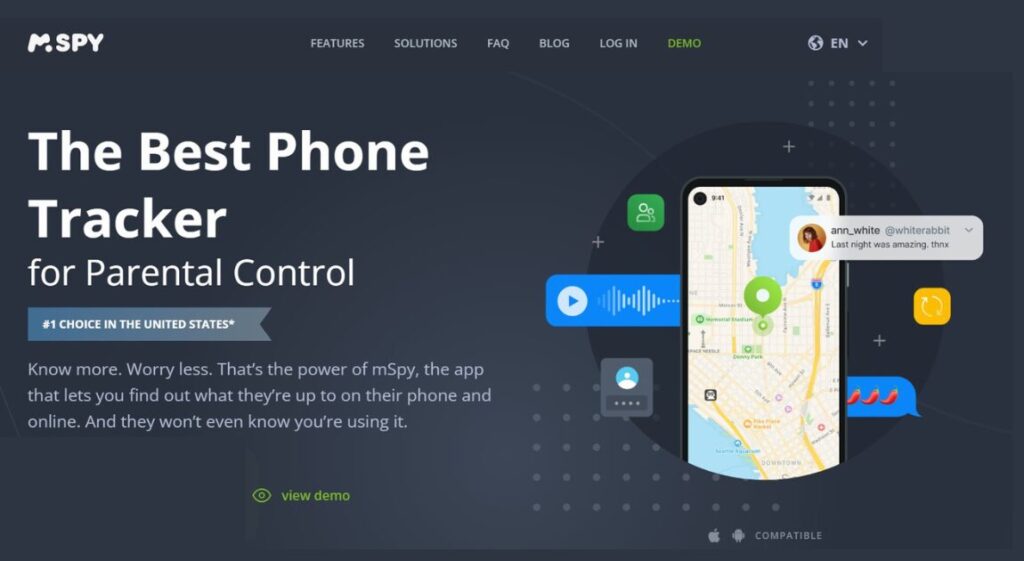
mSpy is one of the most popular paid parental control apps. It provides comprehensive monitoring features, including social media tracking, real-time location tracking, and the ability to block apps. mSpy also allows parents to monitor text messages, calls, and internet browsing history.
| Feature | mSpy |
|---|---|
| Social Media Monitoring | Yes (Instagram, WhatsApp, Facebook etc.) |
| Location Tracking | Yes (real-time GPS tracking) |
| Geofencing | Yes (set geofences for safe zones) |
| App Blocking | Yes |
| Screen Time Management | Yes |
| Pricing | Subscription-based (monthly, quarterly, yearly plans) |
Pros:
- Full social media tracking (including WhatsApp, Instagram, Snapchat, and more)
- Real-time GPS location tracking
- Customizable screen time management
- Multi-device support
Cons:
- Subscription-based pricing, can be expensive
- Requires installation on the target device
2. Eyezy
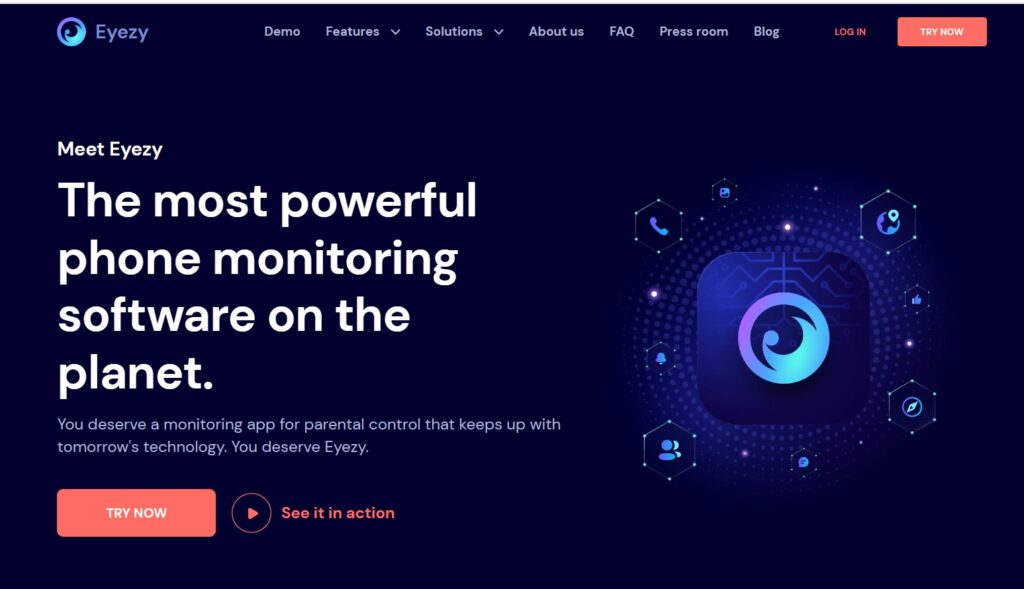
Eyezy is another top contender in the world of paid parental control apps. It offers extensive social media tracking features, including the ability to monitor Snapchat, Instagram, and Facebook. Eyezy also provides geofencing, location tracking, and app blocking.
| Feature | Eyezy |
|---|---|
| Social Media Monitoring | Yes (Snapchat, Instagram, Facebook) |
| Location Tracking | Yes (real-time GPS tracking) |
| Geofencing | Yes |
| App Blocking | Yes |
| Screen Time Management | Yes |
| Pricing | Subscription-based |
Pros:
- Great for social media monitoring
- Real-time alerts for suspicious activity
- Advanced geofencing and location tracking
Cons:
- Paid subscription required
- Limited free trial
3. Parentaler
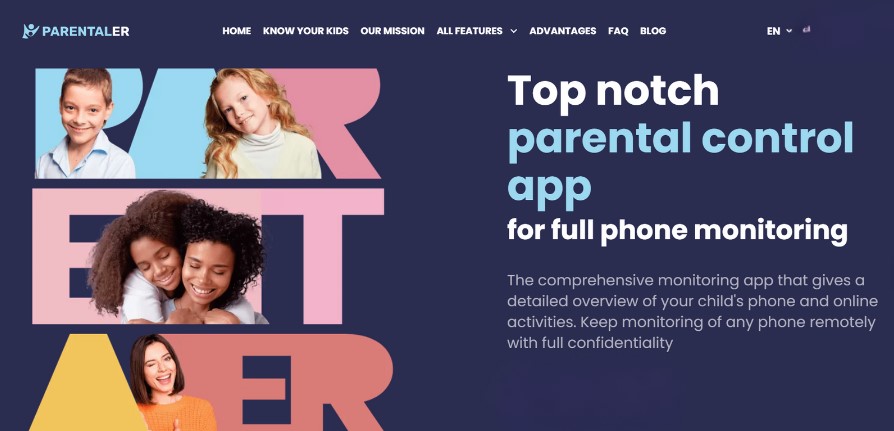
Parentaler is an affordable family-friendly app designed to provide a comprehensive set of monitoring tools. It’s known for its simple interface and ability to manage screen time, block inappropriate content, and track locations.
| Feature | Parentaler |
|---|---|
| Social Media Monitoring | Yes |
| Location Tracking | Yes (real-time tracking) |
| Geofencing | Yes |
| App Blocking | Yes |
| Screen Time Management | Yes |
| Pricing | Subscription-based |
Pros:
- Affordable pricing
- Supports multiple devices
- User-friendly interface
Cons:
- Limited social media tracking features
- Some advanced features only available in higher-tier plans
4. Phonsee
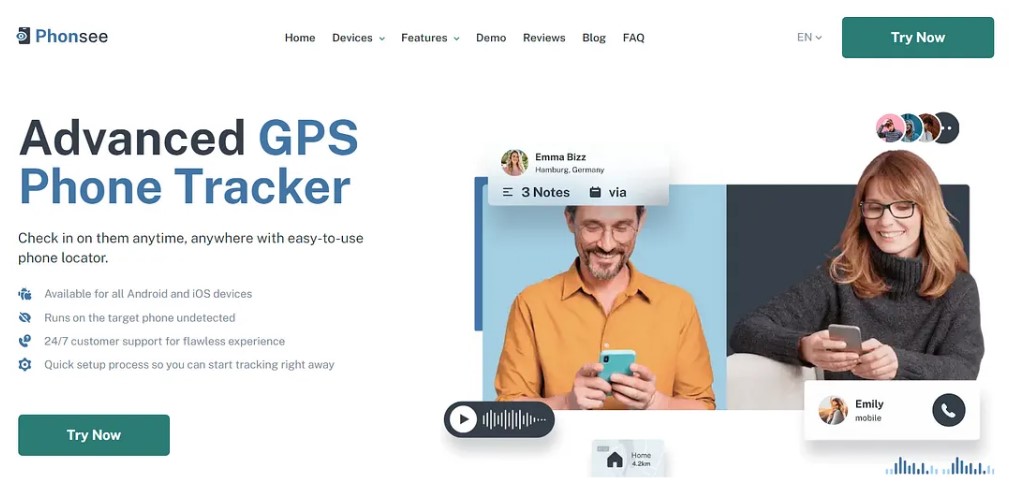
Phonsee offers a unique solution for parents who want detailed tracking and monitoring features. It includes location tracking, geofencing, social media monitoring, and screen time management.
| Feature | Phonsee |
|---|---|
| Social Media Monitoring | Yes (Instagram, Facebook and more) |
| Location Tracking | Yes (real-time tracking) |
| Geofencing | Yes (set geofences) |
| App Blocking | Yes |
| Screen Time Management | Yes |
| Pricing | Subscription-based |
Pros:
- Affordable plans
- Detailed location and geofencing features
- Effective app blocking and monitoring
Cons:
- Fewer social media platforms covered than other apps
- Some advanced features may require a more expensive plan
5. Spynger
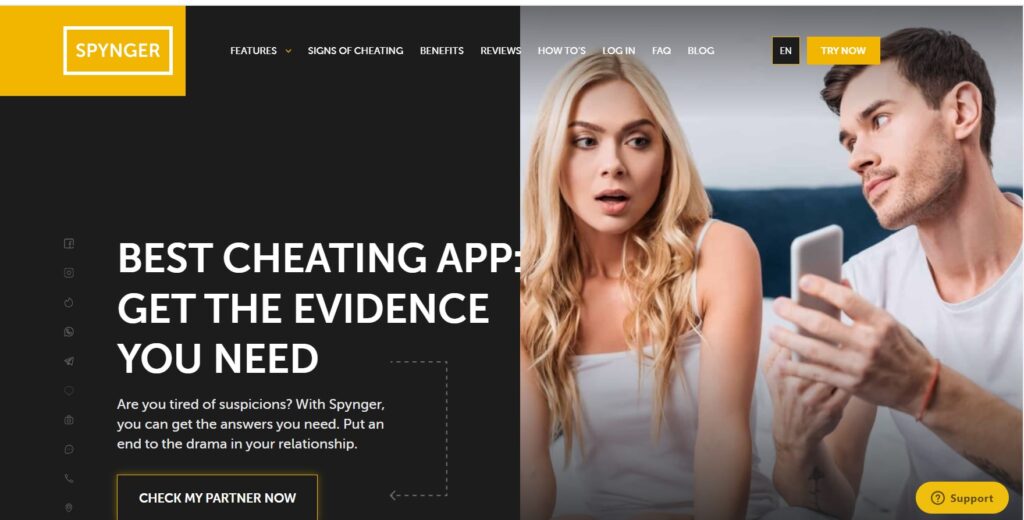
Spynger is a well-rounded parental control app that allows parents to track online activity, monitor calls and messages, and manage screen time. It is especially known for its GPS tracking and geofencing features.
| Feature | Spynger |
|---|---|
| Social Media Monitoring | Yes (WhatsApp, Facebook etc.) |
| Location Tracking | Yes (real-time tracking) |
| Geofencing | Yes (set geofences) |
| App Blocking | Yes |
| Screen Time Management | Yes |
| Pricing | Subscription-based |
Pros:
- Excellent location tracking and geofencing
- Good for monitoring calls and messages
- Affordable pricing
Cons:
- Limited social media monitoring
- Requires installation on target devices
Conclusion
Choosing the right parental control app is an important decision for any parent who wants to protect their child online. While free parental apps provide basic tools such as location tracking and screen time management, paid apps offer more advanced features like social media monitoring, geofencing, and real-time alerts. These premium features give parents greater control and peace of mind, ensuring that their children are safe both online and offline.
When deciding between free and paid options, it’s essential to consider your family’s unique needs, budget, and the devices you want to monitor. While free apps like Google Family Link offer a good starting point, apps like mSpy, Eyezy, Parentaler, Phonsee, and Spynger are ideal for families that require more robust monitoring tools.
Ultimately, whether you choose a free or paid app, the goal is to create a safer digital environment for your children. By carefully evaluating the available options and selecting the best one for your family, you can make sure your kids are protected in the digital age.
Frequently Asked Questions (FAQ)
What is the best parental control app for families?
The best parental control app varies depending on family needs, but options like mSpy parental control app, Eyezy, and Parentaler are often recommended for their comprehensive features.
How can I set screen time limits using a parental control app?
Most parental control software allows you to set screen time limits for individual apps and games, helping you manage your child’s use of their android device or ios devices effectively.
Are there any completely free parental control apps available?
Yes, there are several free options available, such as the best free parental control app that offer a free plan with limited features. However, for more comprehensive tools, consider a paid plan.
What are the built-in parental control features on Android and iOS?
Android devices come with built-in parental control tools that allow parents to restrict app purchases and set screen time limits. iOS devices also have built-in features for managing app and website access.
Is the mSpy parental control app worth it?
Many families find the mSpy parental control app worth it due to its unique features like monitoring social media apps and providing alerts for potential safety issues, making it one of the best parental control apps.
Can I try a parental control app before purchasing?
Yes, many parental control apps offer a free trial, allowing you to explore their features before committing to a paid plan.
What should I look for in a parental control tool?
When looking for the best parental control app, consider features like screen time management, app monitoring, web filtering, and ease of use. It’s also important to check if the app supports both android and iphone.
How do parental control apps work for monitoring social media?
Parental control apps typically allow you to monitor social media apps by tracking messages, posts, and interactions, helping ensure your child has a safe online experience.
Are there any specific apps recommended for tracking app usage?
Yes, parental control apps like mSpy and Eyezy allow parents to track app usage and set restrictions on certain apps, making it easier to manage screen time effectively.
